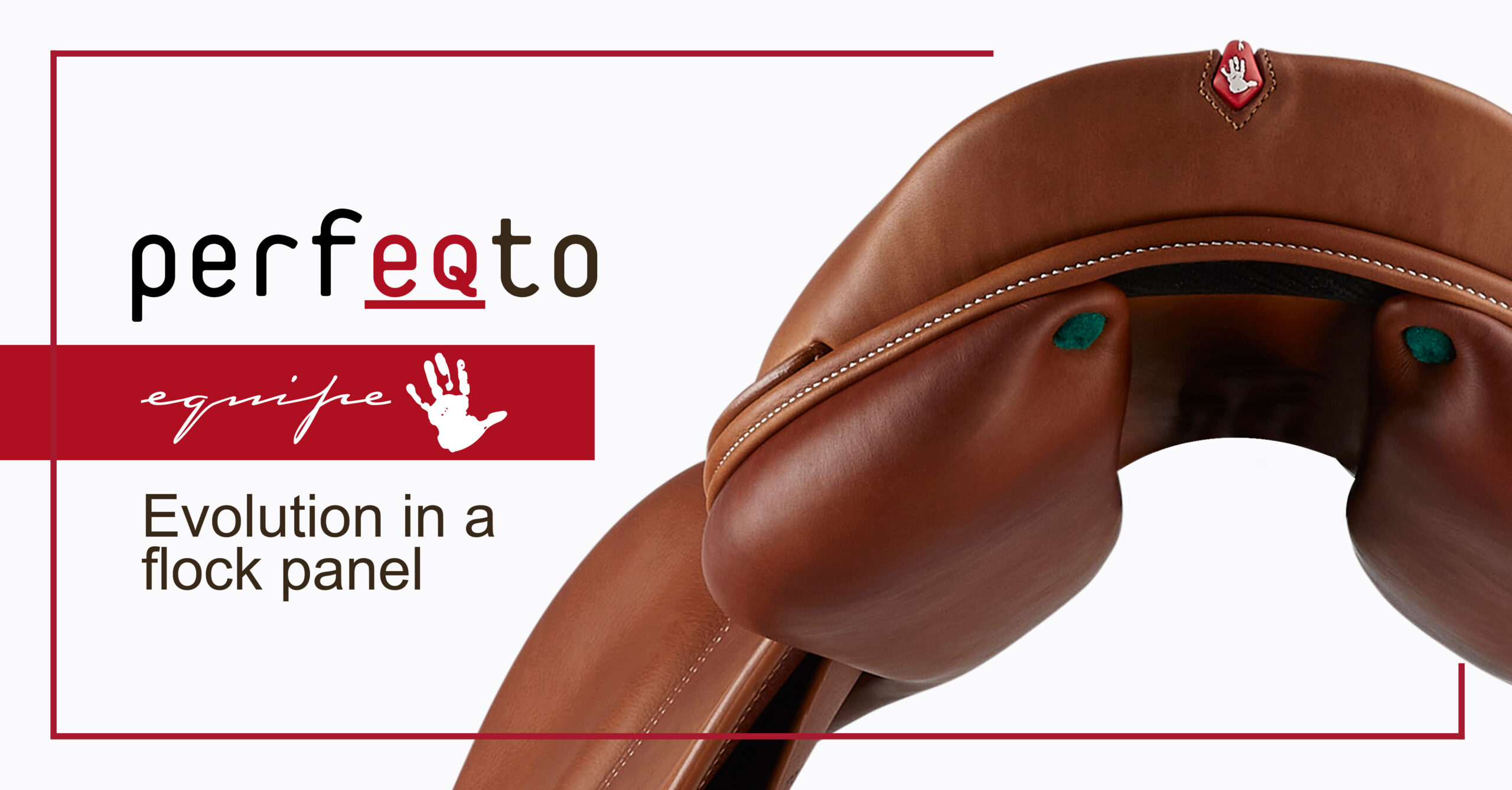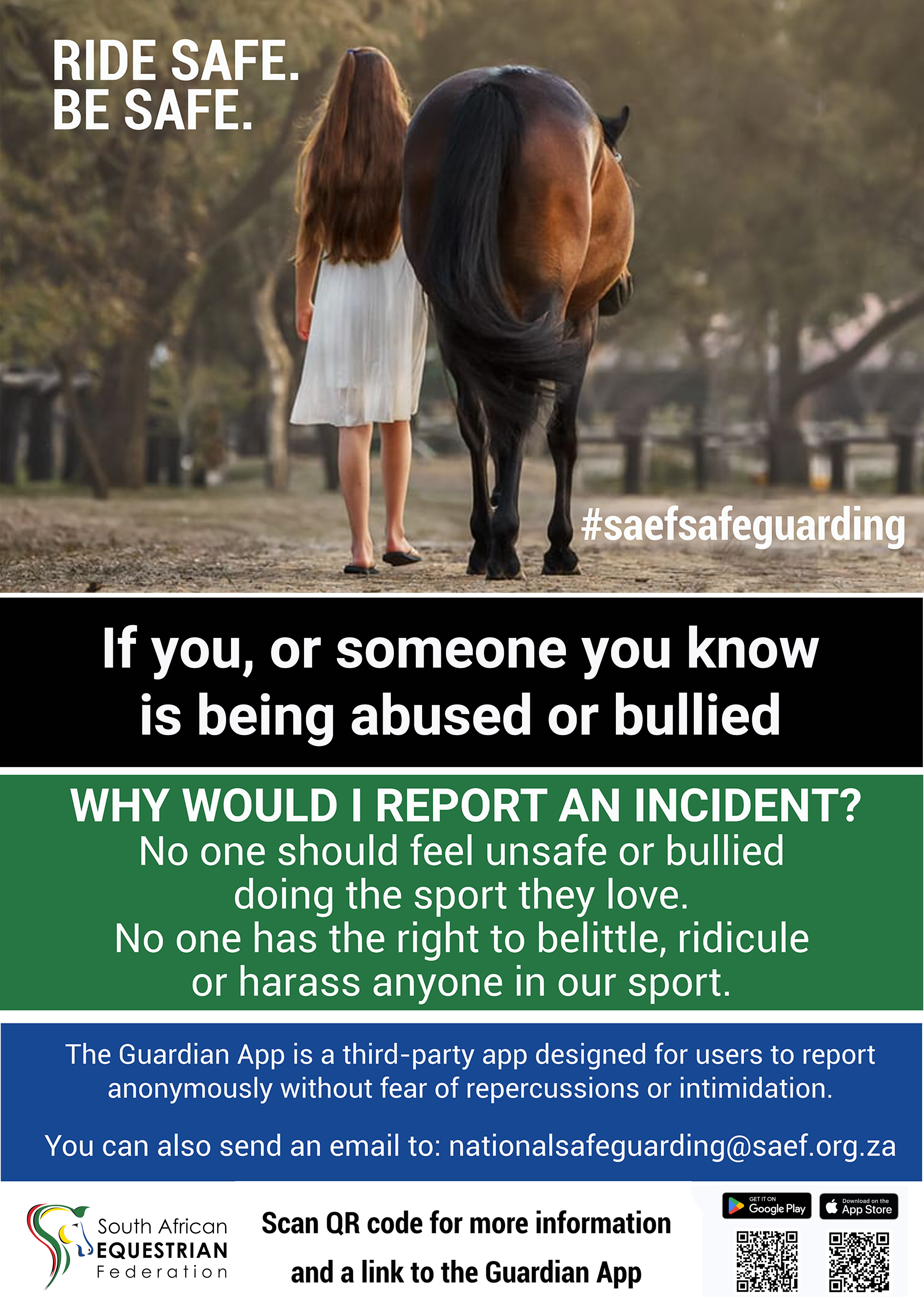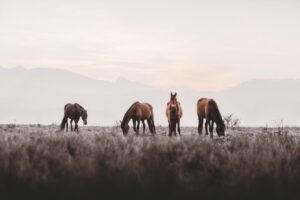More Than Just Herd Instinct? Do They Really Miss Their Friends?
Spend enough time around horses, and you’ll see it – two best friends grazing side by side, a mare whinnying desperately as her field mate disappears from sight, a gelding pacing the fence when left behind. Riders often joke about their horse having a ‘best mate’ or being ‘clingy,’ but is this just herd instinct at work, or do horses genuinely form deep emotional bonds?
The answer, as research increasingly suggests, is yes. Horses are social animals with rich emotional lives, capable of forming attachments, experiencing loss, and even showing signs of grief. While much of their behaviour is rooted in evolutionary survival, their responses to separation and companionship go beyond mere instinct.
Understanding the Herd Dynamic
Horses are wired for connection. In the wild, survival depends on the herd—staying together means protection from predators, more efficient foraging, and stronger chances of raising healthy offspring. Every horse within a herd plays a role, whether dominant or submissive, young or old.
Domestic horses may no longer face the same dangers, but the instinct to form social bonds remains deeply ingrained. Even in small groups, horses establish a social order, choosing companions they feel safest with. Some pairs become inseparable, whether turned out together or stabled side by side. This isn’t just preference—it’s a fundamental part of equine psychology.
Do Horses Have Best Friends?
Studies suggest that horses do form strong, selective bonds with certain companions. Known as ‘preferred associates,’ these pairs engage in mutual grooming, stand close together, and often display signs of stress when separated. Grooming is a key indicator of friendship. It’s not just about removing dirt but about reinforcing trust and emotional connection.
In a study of domesticated and semi-feral horses, researchers found that bonded pairs showed lower heart rates when in close proximity and higher stress indicators when apart. Horses recognise individual herd members and express clear preferences for certain friends over others.
This extends beyond daily interactions. Horses moved to a new yard often settle faster when accompanied by a familiar companion. Likewise, those kept alone or frequently separated from their preferred friend can show signs of stress, from calling and fence-walking to loss of appetite and anxious behaviour.
Separation Stress: The Science Behind It
Anyone who has ever taken a horse away from its stablemate knows the reaction—pawing, calling, rushing forward or planting stubbornly in place. Some horses even become physically distressed, sweating or trembling when left alone. This isn’t just about habit or familiarity; it’s a biological response.
When separated from a close companion, a horse experiences a rise in cortisol, the stress hormone. The stronger the bond, the higher the cortisol spike, indicating genuine emotional distress. While some horses adjust quickly, others take far longer, showing signs of anxiety whenever they are apart.
This behaviour can sometimes be misinterpreted as disobedience. A horse that refuses to leave the yard without its friend isn’t being difficult – it is responding to an innate fear of isolation, a deeply programmed survival mechanism. Understanding this can help owners manage separation more compassionately.
Do Horses Grieve?
While it’s clear that horses form attachments, a more difficult question arises—do they mourn when a companion dies? Many owners will say yes, having witnessed a surviving horse become withdrawn, restless, or even depressed after the loss of a close friend.
Anecdotal evidence is strong, with stories of horses standing vigil over a deceased companion, refusing food, or searching the paddock for their missing friend. In some cases, surviving horses become quieter, more lethargic, or even physically unwell following a loss.
Scientific studies on equine grief remain limited, but experts in animal behaviour suggest that horses do experience loss in a meaningful way. While their understanding of death may differ from ours, their behavioural responses suggest a sense of absence and emotional impact. Allowing a horse to see a deceased companion, rather than removing them suddenly, can sometimes help ease this transition.
Helping Horses Cope with Separation
While it’s natural for horses to form strong bonds, there are times when separation is unavoidable—whether due to sales, competition travel, or stable changes. Managing these moments carefully can prevent excessive stress.
Introducing new horses gradually and allowing time to adjust can make transitions easier. Likewise, providing consistent routines, companionship from other horses, and even visual contact with familiar stablemates can reduce anxiety. For particularly bonded pairs, short periods of separation before a major change can help ease the transition, allowing the horse to develop confidence in different settings.
Some horses also benefit from environmental enrichment when alone, such as access to mirrors, additional turnout, or calming aids like herbal supplements. As with people, individual coping mechanisms vary. Some horses adapt quickly, while others take longer to regain confidence.
The Power of Companionship
The emotional lives of horses are complex and shaped by instinct, experience, and environment. While they may not express love in the human sense, their attachments are real, their friendships meaningful, and their reactions to separation deeply felt.
Recognising this helps us manage them better, not only in how we structure their routines but in how we understand their needs. A horse pacing a fence line or calling for a friend isn’t being difficult. It’s simply being a horse. And just like us, horses are happier when they have a friend to share their world with.

















